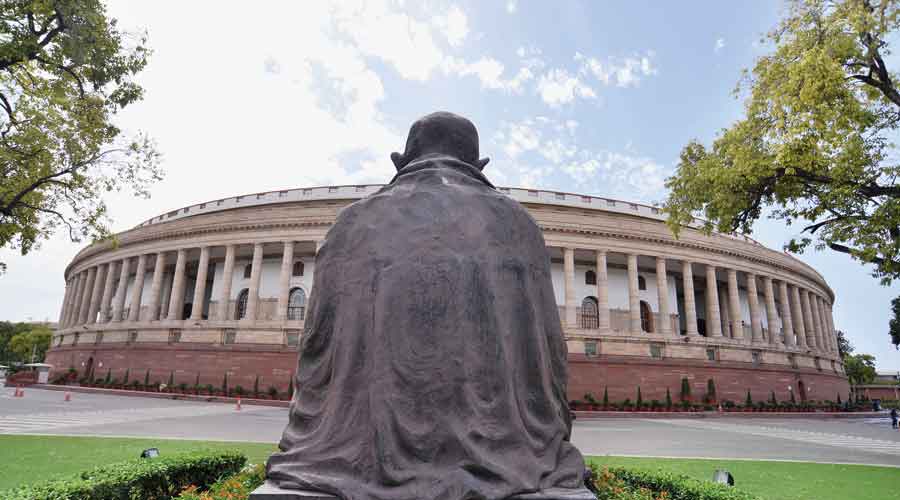Every institution works according to a set of rules. But when those rules undermine the very purpose of an institution, it is time to revisit them. The latest list of ‘unparliamentary’ words published by the Lok Sabha secretariat has sparked sharp criticism from Opposition parties because it steps beyond the usual range of phrases that are frowned upon in Parliament and also penalises the use of language that is often used to target the government. While members of Parliament are not banned from using these words, as the Lok Sabha Speaker, Om Birla, has confirmed, the language will be redacted from official transcripts. The list includes terms like jumlajeevi (someone who repeatedly makes false promises) and Snoopgate (a reference to allegations of wiretapping), as well as everyday words and phrases such as ‘ashamed’, ‘corrupt’, ‘bloody’, ‘dictatorial’ and ‘sexual harassment’. Expunging ‘unparliamentary’ words is a tradition that India has borrowed from the British Parliament. Yet the debate over the addition of fresh words underscores the need to reflect on the compatibility of the practice with modern democratic ideals.
It is important for legislators to observe an acceptable level of conduct. But how relevant is that observance within Parliament if some elected representatives indulge in provocative acts — including hate speech — outside the walls of the legislature? The proceedings of Parliament are also broadcast live on television, so ‘unparliamentary’ language is beamed to millions across India in real time before the Speaker can decide whether it is to be expunged from written records. Two things are therefore clear. First, the list of ‘unparliamentary’ words does not significantly reduce the incentive for MPs to use those terms if their audience comprises fellow legislators or ordinary Indians. Second, the purpose of the list is not to keep proceedings from turning rumbunctious but to eliminate records of contentious debates from being referenced publicly in the months and years ahead. That is where the problem lies.
The British Parliament, too, has a list of words deemed ‘unparliamentary’ — but these are limited to abuses like ‘guttersnipe’, ‘rat’ and ‘hooligan’. In April, the Speaker of the House of Commons allowed MPs to call the then prime minister, Boris Johnson, a “liar”. In the United States of America, a witness before the ongoing Congressional hearings into the January 6, 2021 riot at Capitol Hill accused the former president, Donald Trump, of using “lies, deceit and snake oil”. There is a lesson in these instances — for legislators to hold governments accountable on behalf of the people, they must expose wrongdoing. Punishing language needed for such accountability sits naturally only in a dystopian world like the one conjured by George Orwell in 1984, where the mode of communication, Newspeak, is deliberately ambiguous and has limited vocabulary. Thought control — the aim of limiting language in Orwell’s novel — is not what any contemporary legislature in a genuine democracy practises. Challenging false promises and alleging corruption are not unparliamentary. Eliminating records of democratic debates is.










